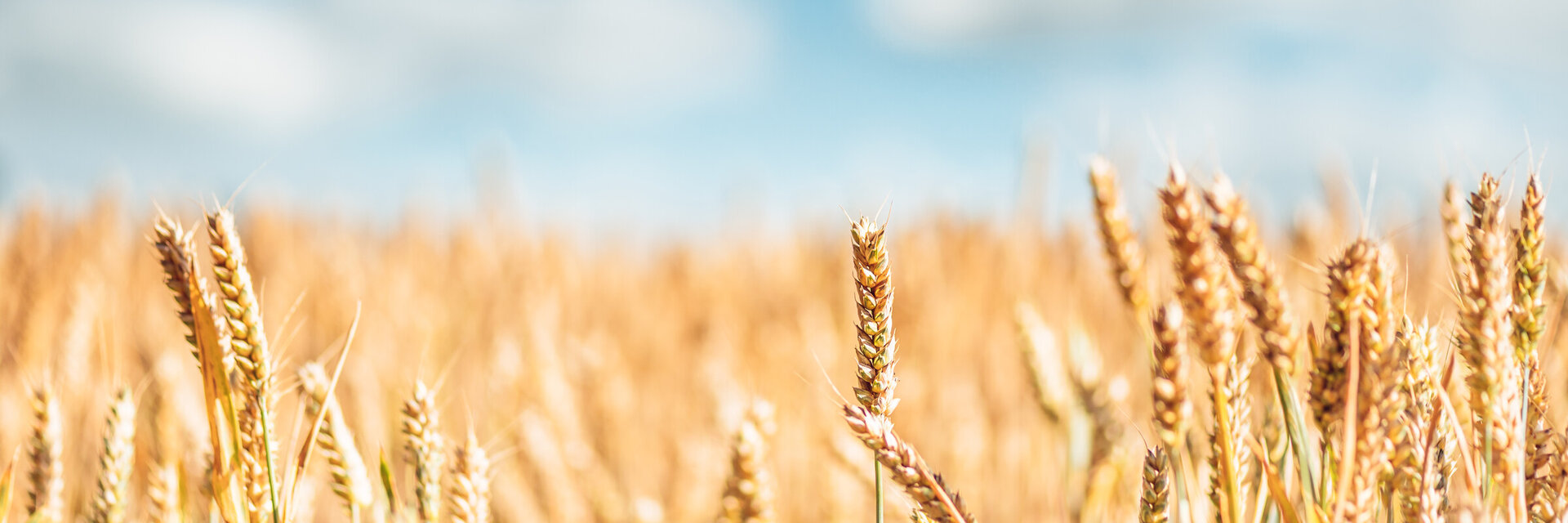COVID-19 has had a profound effect on the ministry of Hohidiai that we run here in Indonesia. A large part of God’s work here revolves around the medical care of patients. Our mission statement is to care for the people of this area emotionally, spiritually and physically, especially those who are marginalised.
Ministry Impact
Following the government hospital temporarily closing due to a major COVID outbreak, we became THE COVID treatment centre from July to September 2020. During this period we were overwhelmed. We lost one patient per week during this period. Medical staff have been trained in the proper use of personal protective equipment. N95 masks, double gloves, hazmat suits, face shields, rubber boots etc have become standard wear — all this in the tropical heat (we are just 3 degrees north of the equator which runs through our small island). I salute all our medical workers and laundry staff. We reuse much of this PPE, which means many hours of disinfecting and washing of these items. We lost our doctor with a mental breakdown; he unexpectedly resigned. God has since provided us with a wonderful replacement. Many regular patients became frightened to come due to the COVID stigma. This has meant that many of the regular ailments, such as malaria and typhoid, have gone untreated, resulting in more deaths in the community than usual. Many COVID cases have also not presented to our clinic, the hospital in town or the local health centres. This has also seen many more funerals than usual in our local area.
We had an armed demonstration at our quickly put down by the military and police, but was a source of trauma for us and our staff. We divided our property into a COVID and a non-COVID zone — probably the hardest part for me personally. The children’s homes, administration staff and the on-site school were in the COVID-free zone, and the medical, farming and building teams were in the COVID zone. We suspended our remote medical teams and external clinics. We relocated our most vulnerable long-term leprosy patients and one paralysed patient to our safe zone, so had to establish a team to care for them.
Our school was shut down, lessons had to be done remotely or via ‘correspondence’. Our nightly prayer and praise session were suspended as well as our group devotions in the mornings; these have since started up again. We usually host up to 15 visiting teams from around the world in a 12-month period. We have not had a team since February 2020. As a result we have lost many hours of volunteer expertise and lost the ‘ripple effect’ of interest, prayer and donations that occurs when they tell their stories back home. On a positive note we were assisted by the local government who built temporary staff accommodation (a direct result of the armed protest at our gate), upgraded our road, and provided an overflow tent for triage. Cooperation between Hohidiai and the local government went up to a higher level than before, which is a positive.
Personal Impact
Personally, I have found this to be a very challenging time. I have been through threats of violence, been woken by bombs, and watched people fleeing with all they could carry. I have seen people with horrific injuries from war and have listened to countless stories of those who have had loved ones killed. Then the enemy was visible — this time the enemy is invisible and the threat hidden. It is totally different and wearing in a different way too.
I became ill in May 2020 with what was probably COVID — we did not have the ability to test at the time. I had to isolate for 39 days, no contact with the family except through an open window and sometimes a door. I have long-haul symptoms until today. Headaches, fatigue, an increased blood pressure, brain fog, a sunburn feeling in my arms and legs, red raw throat and cough. I have just had my first vaccination and symptoms magnified for some days.
Things like going to the immigration office have become quite an exercise — N95 masks, hand sanitiser, carrying our own water and waiting most of the time outside the building was a different routine. Hearing the next day that some 15 immigration staff had just been diagnosed with COVID made the precautions worthwhile.
There was a lot of uncertainty surrounding our visas. Our visas expired and for many months we were without visas stamped in our passports. The Indonesian government graciously allowed an
emergency visa status whilst we applied for new visas which would normally only be granted in a third country. Again, we were shown grace and allowed to obtain our new visas without leaving the country. Having our corporate worship suspended was one of the hardest things, as well as being separated from all the workers who serve in the COVID zone of our property — starved of fellowship at a time when revival was continuing. The division of the property has been like a real border. We change footwear, wear masks and sanitise when we go through the gate.
Travel has been limited I have not been off the island for 14 months. A conference we had really been looking forward to attend in Singapore in March of 2020 was cancelled. There was a sense of isolation and loneliness due to a large part of the team being ‘on the other side’ and also due to no international teams (we usually have up to 15 teams a year) being able to come, and no visits to our family back in Australia.
Personal support dropped significantly as churches in supporting countries were also restricted in gathering. On the positive side, personal expenses have dropped due to less travelling. Also, I have started a small personal lockdown project: an aquarium.
We saw a family and two single colleagues return to their home countries at the start of the pandemic. Two singles, one family and we have stayed on. Those that left have not been able to return. As mentioned above, we lost our doctor due to some sort of breakdown. This came as a total shock to us as we thought we had provided adequate support for him to tackle the COVID crisis. He was still very young and I think the trauma of seeing so many deaths took its toll, and he internalised his stress and stopped communicating about his needs. We seek to learn as much as we can from this experience.
Team Impact
We formed a group to oversee such things as quarantine, lockdown, permissible travel, handling of shopping, and sterilisation of goods purchased. The team has done a fantastic job and for most of the time have kept COVID out of our ‘safe zone’. I feel though that there has been some frustration with both expats and nationals having their freedoms curtailed. It has been for our own good, but it has not been easy. Now that most staff are vaccinated, we will start to look at relaxing our lockdown. Communication between our two zones has been difficult and often resulted in misunderstandings. We have sought to rectify this by having meetings in open-air situations to share information.
I am actually very impressed with the overall patience of the staff and children involved in lockdown. Some of the senior staff remember the conflict of 1998-2002 and their time in refugee camps, which in comparison was much more difficult. I am also impressed with our medical and support staff who have faced this challenge head-on and done an amazing job. Many patients have received the best care we could give, have been prayed for and with, and received the genuine love of Christ.
Overall, we have met this unexpected hidden enemy together. Our strength comes from God alone. We are so thankful to all who have provided funds to buy oxygen, protective gear and medicines. Like you, we long for the pandemic to end, and will no doubt celebrate with you when it does.
By Peter S


